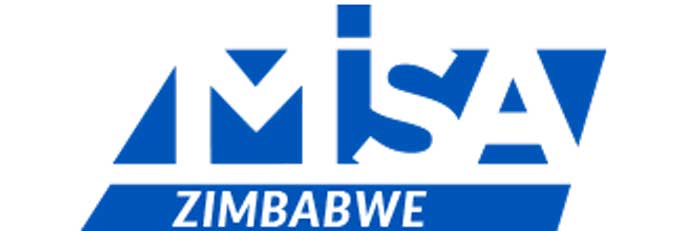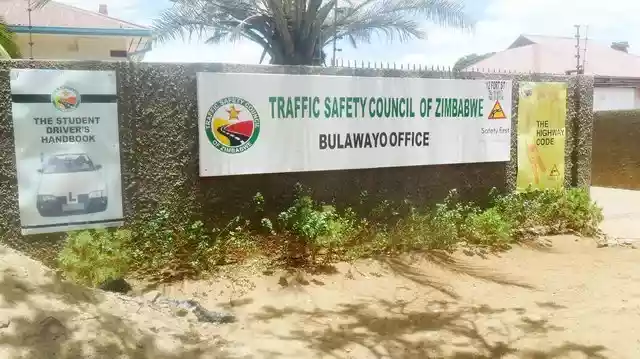
BY MIRIAM MANGWAYA
LOCAL authorities have been named as among the country’s most secretive public institutions failing to provide relevant information to the public, a study by the Media Institute of Southern Africa (Misa) Zimbabwe has shown.
Public institutions are required to avail requested information under the Freedom of Information Act for public accountability or for the exercise of a right.
In its latest report on the state of the Media, Misa-Zimbabwe attributed the failure to provide information by councils to lack of understanding of the provisions of the Freedom of Information Act.
Misa Zimbabwe last year evaluated compliance with the Act for 10 public institutions as part of its annual transparency assessment index.
”Despite the enactment of the Freedom of Information Act, most public institutions scored badly,” Misa-Zimbabwe said.
“This could be a reflection of possible unawareness of the provisions of the new law or simply monitored in line with provisions of the Freedom of Information Act.
“However, in 2021 and in some instances, some local government authorities still stifled citizens’ right to access to information by refusing to provide information in the absence or proof of memorandums of understanding (MoUs), that allow CBOs to operate unhindered in their areas. Such refusals by public officials are not provided for by the Constitution in terms of section 86 on Limitation of Rights and Freedoms.”
- Chamisa under fire over US$120K donation
- Mavhunga puts DeMbare into Chibuku quarterfinals
- Pension funds bet on Cabora Bassa oilfields
- Councils defy govt fire tender directive
Keep Reading
The Lupane Local Board emerged as the most secretive institution while the most open public institution was the Parliament of Zimbabwe.
“In addition, the Freedom of Information Act (section 27), clearly states circumstances under which information may be withheld from applicants where such information may be prejudicial to the considerations of security interests of the State,” the report added.
Misa-Zimbabwe said lack of language diversity in the country was also resulting in further marginalisation of some communities that did not understand the language in which the critical information was provided.
“In some instances, citizens that made information requests in their local language did not receive favourable responses from some institutions,” Misa-Zimbabwe said.
“This speaks to the further marginalisation of marginalised communities from the access to information loop. Section 6 of the Freedom of Information Act states that information must be provided to an applicant in such officially recognised language as the applicant requests.
“There is also a need for more diversity in the languages used to disseminate COVID-19-related information to ensure all Zimbabweans are included in discussions on the pandemic and other related developments. Steps should thus be taken to ensure daily COVID-19 updates are in all the official languages of Zimbabwe.”
Misa-Zimbabwe implored authorities to escalate training and awareness programmes to familiarise both citizens and public institutions with the Freedom of Information Act and the freedom of information regulations.
- Follow us on Twitter @NewsDayZimbabwe










